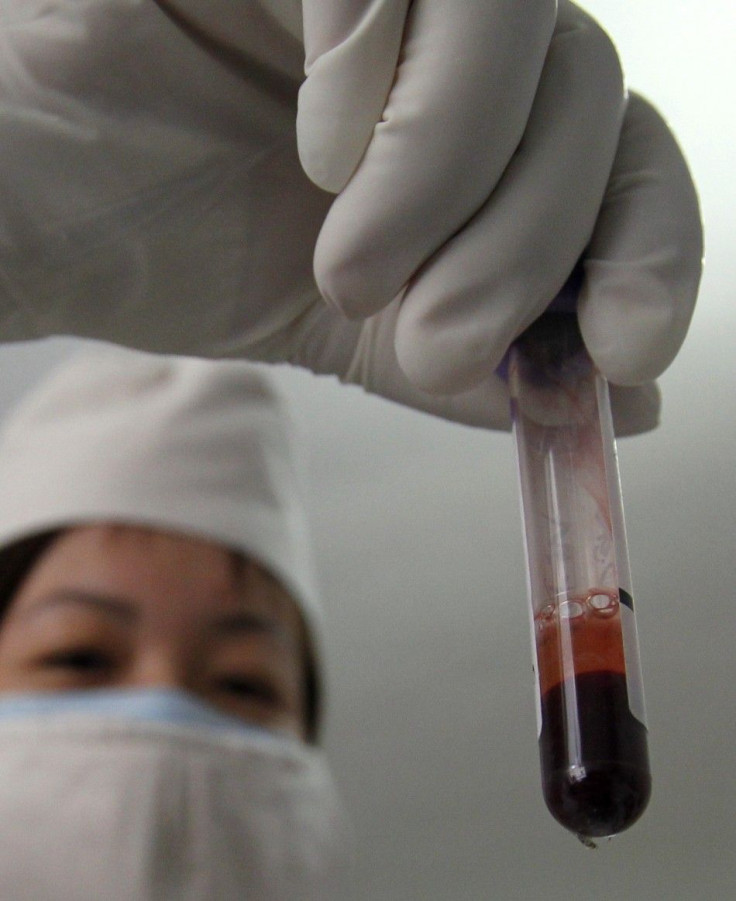Spanish Researchers Claim Most Effective HIV Vaccine Yet

Spanish medical researchers say they have developed an HIV vaccine prototype that is the most potent weapon against the deadly virus yet.
The team announced at a news conference that its vaccine, called MVA-B, produced immunity in 22 of the 24 healthy individuals in the study.
The vaccine prototype is patented by Spain's CSIC research center and is designed to fight HIV's subtype B, which is most prevalent in Europe, the Americas and the Caribbean. Subtype C strain is most common in Africa and Asia.
The research team's leaders are Mariano Esteban of the National Biotechnology Center of CSIC, Felipe Garcia of Barcelona's Clinic Hospital and Juan Carlos Lopez Bernaldo de Quiros of Madrid's Gregorio Marañon Hospital.
The vaccine is like showing a picture of the HIV so that it is able to recognise it if it sees it again in the future, said Esteban.
The injection contains four HIV genes which stimulate T and B lymphocytes, types of white blood cells. Our body is full of lymphocytes, each of them programmed to fight against a different pathogen, explained Esteban.
Training is needed when it involves a pathogen, like the HIV one, which cannot be naturally defeated, he added. B cells produce antibodies which attack viruses before they infect cells, while T cells detect and destroy infected cells.
The study showed that almost three-quarters of participants had developed HIV-specific antibodies 11 months after vaccination. More than a third developed one type of T cell that fights HIV, called CD4+, while over two-thirds developed another, called CD8+.
The research suggested a high level of efficiency in mice and monkeys, following which testing on humans began a year ago. In the first phase, the vaccine was administered to 30 healthy people selected from 370 volunteers.
Ninety-five percent of the patients who received the vaccine developed defenses. The normal rate without the vaccines is around 25 per cent. Garcia emphasized said that while other vaccines stimulate the production of cells or antibodies, the prototype managed to stimulate both.
In 85 percent of the patients, the defenses generated were maintained for at least a year, which in this field is enough time, Garcia added.
Esteban acknowledged the vaccine was at an early stage, describing it as promising. If this genetic cocktail passes Phase II and Phase III future clinical trials, and makes it into production, in the future HIV could be compared to herpes virus nowadays, he said.
The researchers will now perform a new clinical trial, this time with volunteers infected with HIV, with the aim of learning if the vaccine, in addition to preventing AIDS, can also be used to treat it.
© Copyright IBTimes 2024. All rights reserved.





















